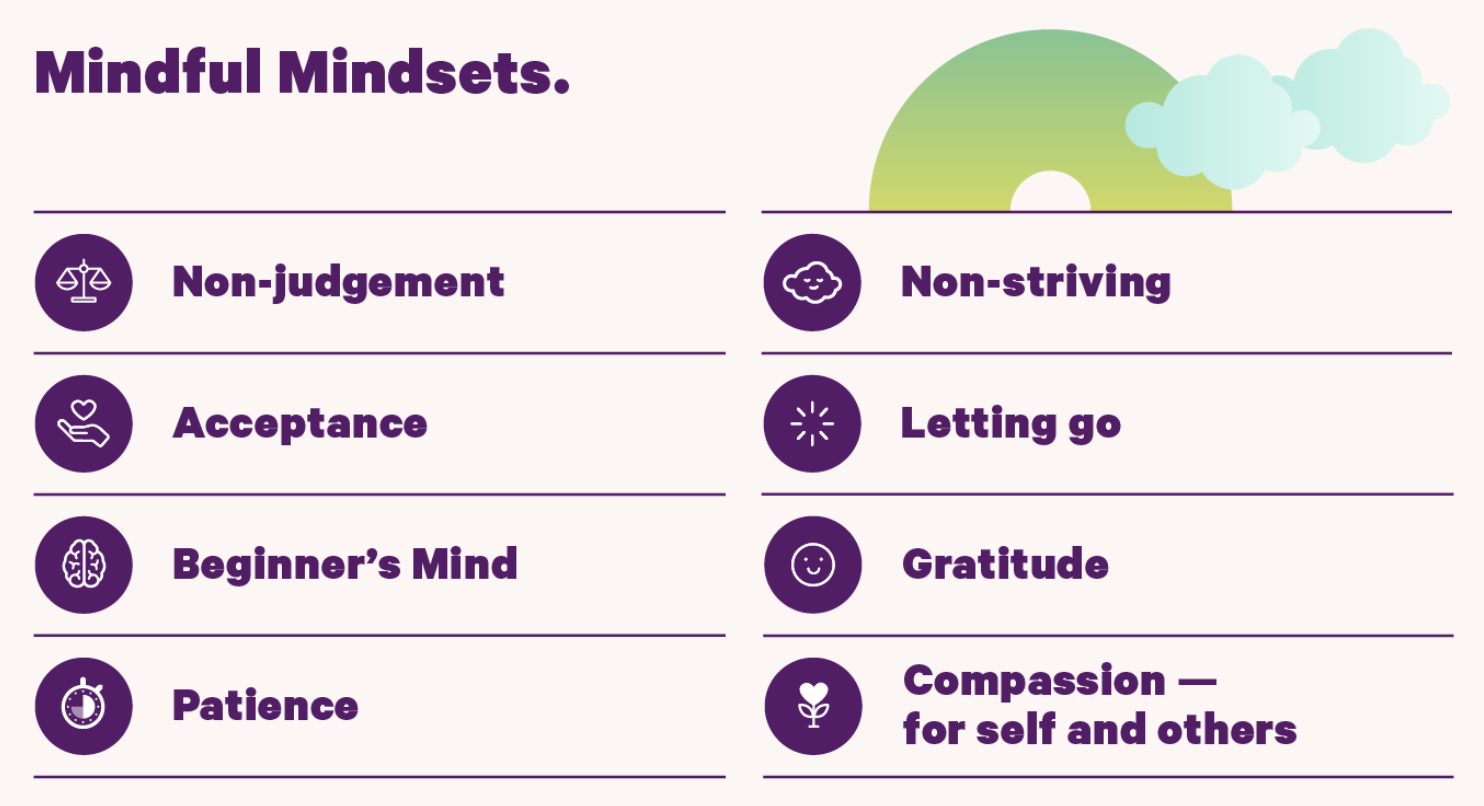Every child has a right to inclusive education. Access to inclusive education has been found to be socially and academically beneficial for both students with and without disabilities. We believe in valuing student differences and supporting learning needs to the greatest extent possible. Evidence-based strategies are used at our school to support diverse learners which includes specific changes to the curriculum, pedagogy and assessment practices, and the use of data. Our staff are committed to working with our students, families and the community to create a shared understanding of inclusive education.
Some of the ways we currently promote inclusion includes:
Our teachers know how to assess learning needs, and successfully personalise and differentiate learning. There are also tailored approaches designed to be more effective with specific cohorts, such as Koorie, LGBTIQ+ and EAL students, as well as students with a disability.
Aberfeldie Primary School is committed to providing a safe, secure and stimulating learning environment that meets the needs of our students at all levels of their primary school life. We believe that the social, emotional and physical wellbeing is fundamental to effective learning.
Our Student Engagement and Wellbeing Policy can be found in the Policy section of our website.
Aberfeldie Primary School implements the Bounce Back Resilience Program and the Department of Education Resilience Rights & Respectful Relationships resources. The two resources complement each other and provide a variety of engaging and valuable activities for teachers to implement with all classes.
At the beginning of the new school year Aberfeldie Primary School implements our Learning to Learn Program. This program runs for approximately 6-9 days across the whole school and aims to provide a safe and dynamic learning environment that engages students to achieve their personal best and become resilient, compassionate and adaptable members of our diverse community.
Using a range of tools and strategies, the Learning to Learn Program will encourage our students to become effective, reflective learners. The last session of the program invites parents into the classroom for the students to show their classroom’s focus on learning for the year.
Our aim is for our students to have a seven year experience, not seven one year experiences.
At Aberfeldie Primary School, we provide a variety of transition programs for students coming into our school and for students exiting our school.
Aberfeldie Primary School implements that the Respectful Relationships Initiative, which teaches our children how to build healthy relationships, resilience and confidence. It also supports our community to promote and model respect and equality. Our Respectful Relationships curriculum acknowledges that children of any age have challenges to overcome, teaching social and emotional skills appropriate to their age and level of maturity. At Aberfeldie Primary School, we teach RR as a core component of the Victorian Curriculum, primarily centered around the Personal and Social Capability and Health and Physical Education Curriculum.
As a school, we utilise the Resilience, Rights & Respectful Relationships teaching and learning materials developed by the University of Melbourne. These lessons are taught throughout the year & provide students with the opportunity to learn and practise social skills and apply them in a positive way to learning, life and relationships. The following eight topics are covered for each year level:
|
Topic 1: Emotional Literacy |
Topic 5: Stress Management |
|
Topic 2: Personal Strengths |
Topic 6: Help-Seeking |
|
Topic 3: Positive Coping |
Topic 7: Gender and Identity |
|
Topic 4: Problem Solving |
Topic 8: Positive Gender Relations |
Aberfeldie Primary School is currently in its first year of implementing Smiling Mind. Smiling Mind is a Mindfulness based Curriculum that supports students across the school to develop self awareness, self management, social awareness and social management skills. Studies have shown that mindfulness leads to better attention, memory, regulation of emotions and self awareness. In turn, improvements in these areas can lead to reduced stress, anxiety and depression, and better academic skills, social skills and self esteem.
The mindfulness based lessons and practices provide a consistent and practical approach to teaching and exploring these topics with students, as well as providing students with an opportunity to develop practical skills and strategies which support good mental health and wellbeing.
